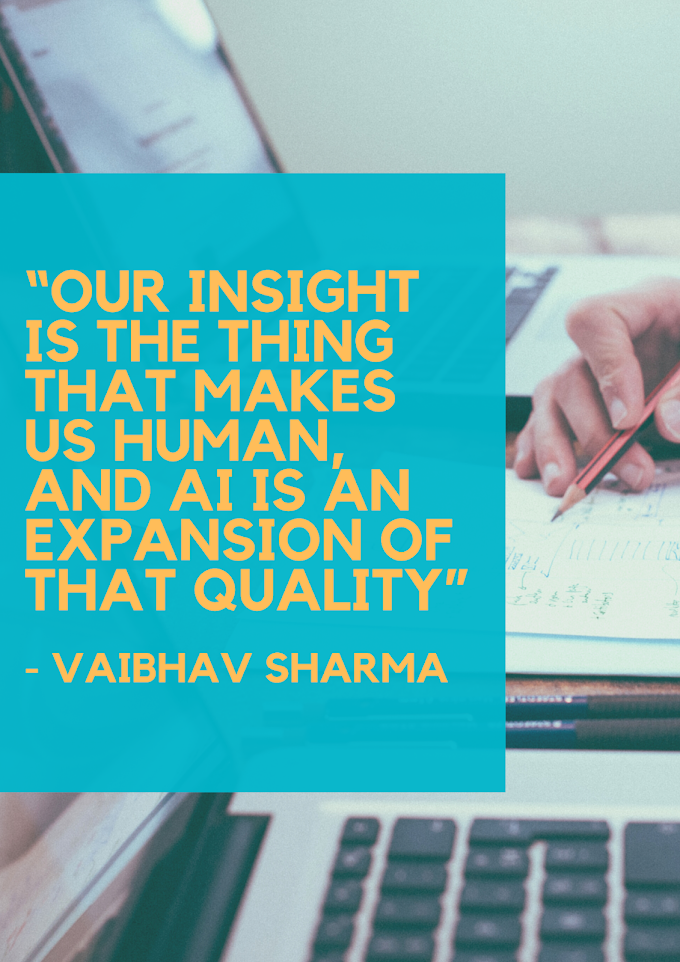Self-education is a continual, lifetime process that enables people to learn new things outside of the conventional classroom. This quest for knowledge fosters personal growth and equips individuals with the skills necessary to adapt and thrive in a rapidly evolving world.
1. Effective Time Management:
Managing your time well is essential to juggling other obligations and self-education. Prioritizing work, establishing objectives, and developing a planned timetable are all components of effective time management. This entails setting aside certain study times and regularly keeping to them for self-directed learners. Maintaining a structured learning regimen can be facilitated by using tools like calendars, to-do lists, and time-tracking applications. Learners can make sure that their academic endeavors don't conflict with their obligations to their families, jobs, or social circles by becoming proficient in time management.
2. Establishing Objectives:
For self-directed learners, direction and motivation are provided by specific, attainable goals. Establishing both short-term and long-term goals aids in focus and progress monitoring. For instance, finishing a textbook chapter every week could be a short-term objective, whereas mastering a new language in a year could be a long-term one. Students can feel a sense of success that keeps them motivated and on course by breaking down bigger goals into smaller, more attainable tasks.
3. Research Proficiency:
The foundation of self-education is the capacity to find, assess, and apply information from a variety of sources. Learners with strong research abilities can obtain pertinent and correct information. This entails being able to evaluate the reliability of sources, use search engines efficiently, and synthesize data from several sources. For example, in order to obtain a thorough grasp of a complicated subject like quantum physics, one must comb through scholarly publications, books, and reliable internet sources.
4. Thinking Critically:
Critical analysis and evaluation of information enables students to have a deeper comprehension of difficult subjects and make well-informed decisions. Questioning presumptions, recognizing biases, and taking into account different viewpoints are all components of critical thinking. In today's information-rich environment, when not all information is trustworthy, this ability is especially crucial. A self-educated person studying climate change, for instance, needs to comprehend the methods employed, evaluate data from multiple research critically, and come to logical conclusions.
5. Self-Inspiration:
Maintaining motivation is crucial for learning on one's own. Long-term learning initiatives can be maintained by fostering intrinsic motivation, which is fueled by curiosity and a desire to better oneself. Even when confronted with difficult material, self-motivated learners can keep their excitement and choose their own pace. Self-motivation can be increased by employing strategies including rewarding oneself for reaching goals, reminding oneself of the larger goal of the learning process, and looking to successful self-learners for inspiration.
Conclusion:
One effective strategy for both professional and personal development is self-education. By taking charge of their educational path, people can continuously gain new skills, adjust to changing conditions, and accomplish their objectives. It is impossible to overestimate the value of self-education since it cultivates resilience, empowerment, and a lifelong learning mindset. Gaining and using self-education skills at work improves career progression, job performance, and general job satisfaction. Adopting self-education is a commitment to realising one's full potential and living a happy, rich life, not merely a decision.
Published by: Vaibhav Sharma







0 Comments